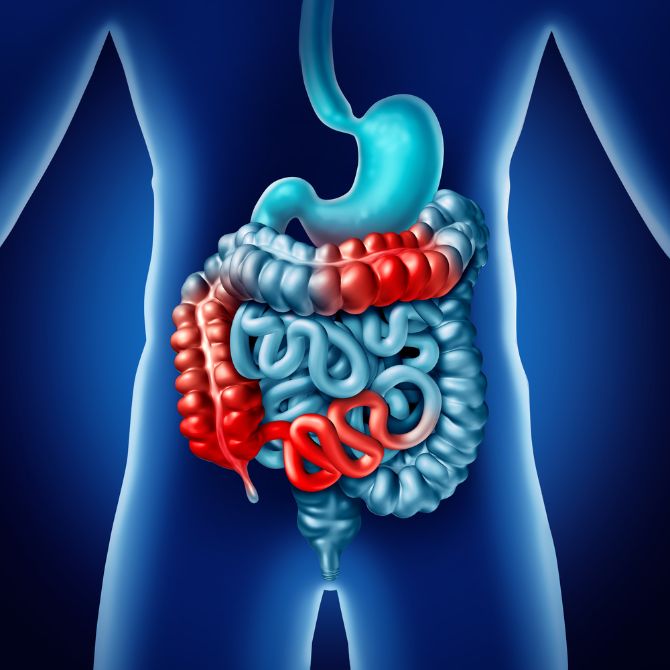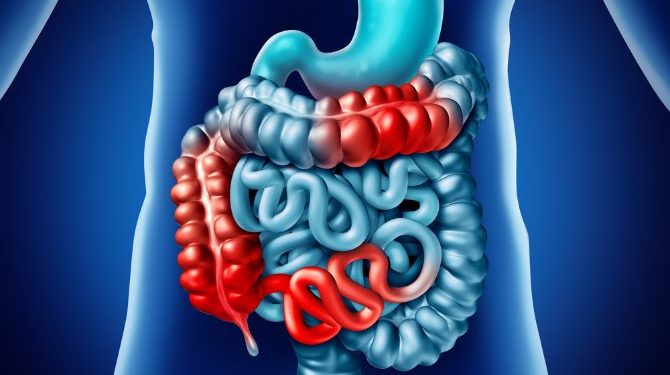Hirschsprung disease symptoms vary depending on the area of the bowel that is affected. This condition is caused by a problem with the enteric nerves that send signals to the muscle contractions that move stool through the intestine.
Children with Hirschsprung disease have missing enteric nerves in certain areas of the bowel, most often in just a few inches at the end of the colon (called the transition zone). This region is not functioning normally, so food can not easily pass through and stool stays in the region and gets stuck.
This condition causes abdominal pain, a distended abdomen and other signs that indicate the intestine is not emptying properly. These signs may appear within the first 24 hours after birth or, in less severe cases, as early as several weeks after birth.
Delayed passage of meconium: This symptom is a red flag for Hirschsprung disease, because most healthy full-term infants pass meconium within the first 48 hours after birth. However, about 50 percent of children with Hirschsprung disease do not pass meconium until they are at least 48 hours old.
Delayed growth: Many children with Hirschsprung disease have a growth delay, which can cause problems with the body’s ability to absorb nutrients. This can lead to a slower rate of weight gain and can result in malnutrition.
Feeding tube placement: This surgery allows your child to get nutrition through a feeding tube. It helps them receive the vitamins and minerals they need to grow.

Ostomy: This procedure leaves part of the large intestine attached to an opening in your child’s stomach called a stoma. This is a temporary fix, but it allows the intestine to heal and prevents bowel obstruction.
Surgery: Most children with Hirschsprung disease can be treated by having a special surgery called a pull-through. In this operation, your doctor removes the nonfunctioning portion of the intestine and then “pulls” through the healthy segment above the problematic section at the bottom.
This is a very safe and effective treatment for Hirschsprung disease. After the surgery, most kids pass stool without problem and have no long-term complications.
Some children with Hirschsprung disease continue to have bowel issues on and off into adulthood. In these cases, doctors monitor their growth carefully to ensure they are getting the right amount of nutrients.
Bowel infection: About 40 percent of all children with Hirschsprung disease develop enterocolitis, a bowel infection that can be life-threatening. Signs and symptoms of this problem include diarrhea, fever and a swollen abdomen.
In some cases, a child can also have a bowel perforation. In these cases, a hole in the intestine allows bacteria to leak into your child’s bloodstream.
These are very serious medical problems, and should be addressed as soon as possible.
Your child’s doctor will likely recommend home rectal irrigations, fluid placed into your child’s rectum through a small tube, to prevent or treat enterocolitis.
Your child’s doctor will probably also prescribe medicines to help your child get rid of constipation after surgery. Your child’s doctor will work with you and your child’s care team to manage these issues and make sure your child is growing normally.









